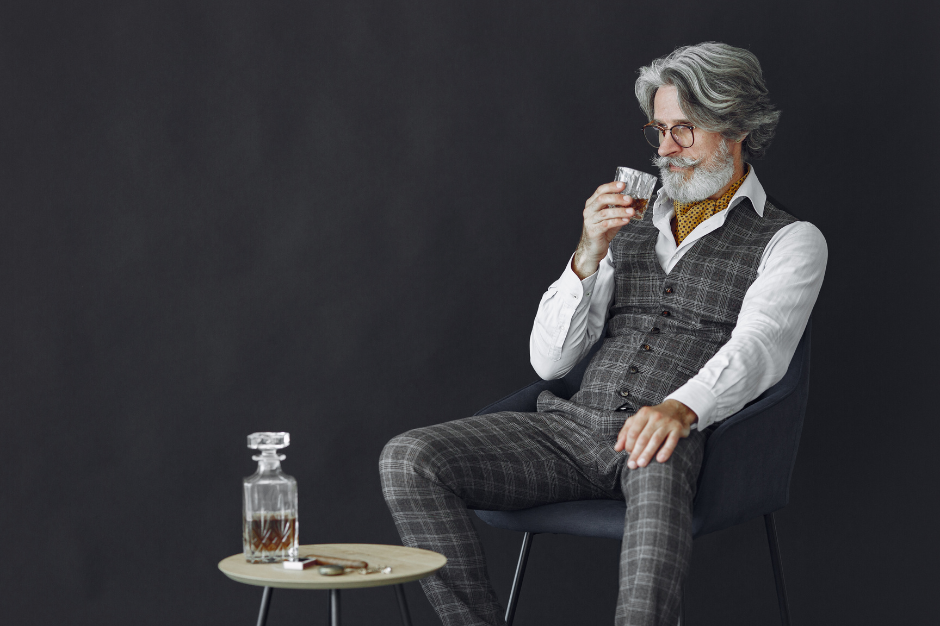Alcoholism (alcohol abuse) makes the person unable to manage drinking habits; this is also known as alcohol use disorder, which has three categories: mild, moderate, and severe. Binge drinking is a disorder of drinking alcohol in excessive amounts that raise alcohol concentration in the blood to 0.08g/deciliter. The chances of binge drinking increase rapidly during the holiday season, which may lead to hazardous situations such as accidents or a hike in already existing health concerns in older people.
Alcohol has different effects on every individual. This level is achieved in men after drinking five standard drinks within 2 hours, while in women, four drinks increase this concentration level. This article will discuss the effects of alcoholism and viable ways to avoid it during holidays.
Effects of Alcoholism
Alcoholism leads to liver impairment and brain damage and may cause cancer or immunity disorders. It also makes some health conditions more damaging, such as osteoporosis, hypertension, loss of memory, sleep issues, ulcers, and malnutrition. In addition, it worsens diagnosis as alcohol makes variations in heart and blood vessels, which dampens the agony and may be a forewarning sign of a heart attack. Alcoholism also expedites age-associated physiological changes in their bodies. As in elders’ alcohol metabolizes slowly; it remains in the blood longer.
Tips to avoid during the holidays
The elders need to avoid alcohol drinking; however, this becomes hard, especially during the holiday season. To prevent alcohol, they can do the following things;
Trump up an escape plan
Older adults can avoid drinking by attending 12-step programs and staying busy with activities such as talking, meeting friends or relatives, exercising, walking, or reading books. Make friends that avoid drinks and go out with sober friends, even to parties to avoid drinks. Avoid triggers such as stressful situations, people, or the environment. Identify the triggers and avoid them. One should take their beverages on trips with family or friends to avoid accidentally consuming unhealthy drinks.
Mindfulness
Always set boundaries, be prepared to answer anticipated questions about recovery, and practice refusing nicely before attending any party. Be mindful of drinks and ask the person you can trust for a non-alcoholic drink. If someone pokes to have a drink, gently say No and go away. Mindfulness helps people stay in present situations, makes the person able to cope with stressors, and helps avoid substance use.
Chose invitations and company wisely
Elders should accept the invitations to come to them according to their taste and health state. Peace of mind is essential, so attend a party that does not cause harm to your health. Stay away from where alcohol will be served; instead, say yes to the friend who can help you stay away from such addictions. Always go for health-giving offers and politely refuse invitations that may provoke unhealthy activities. Guide them to prioritize health over fun or hangovers and make sober friends. Make vacation a self-care activity day; get proper sleep, eat fresh, healthy foods, exercise, watch movies, or go out with friends.
Take Home
Alcoholism is the excessive intake of alcoholic beverages, which is common among elders during the holiday season. Binge alcohol consumption can lead to hazardous situations like accidents or ruining health by aggravating health conditions. One should avoid alcohol abuse by using mindfulness during the holiday season. Staying busy with family and friends, planning different activities, surrounding yourself with sober people, and preventing stressors from triggering the instinct to drink to reduce stress can help one avoid alcoholism during the holiday season. Give priority to health and make healthy plans for vacation.

